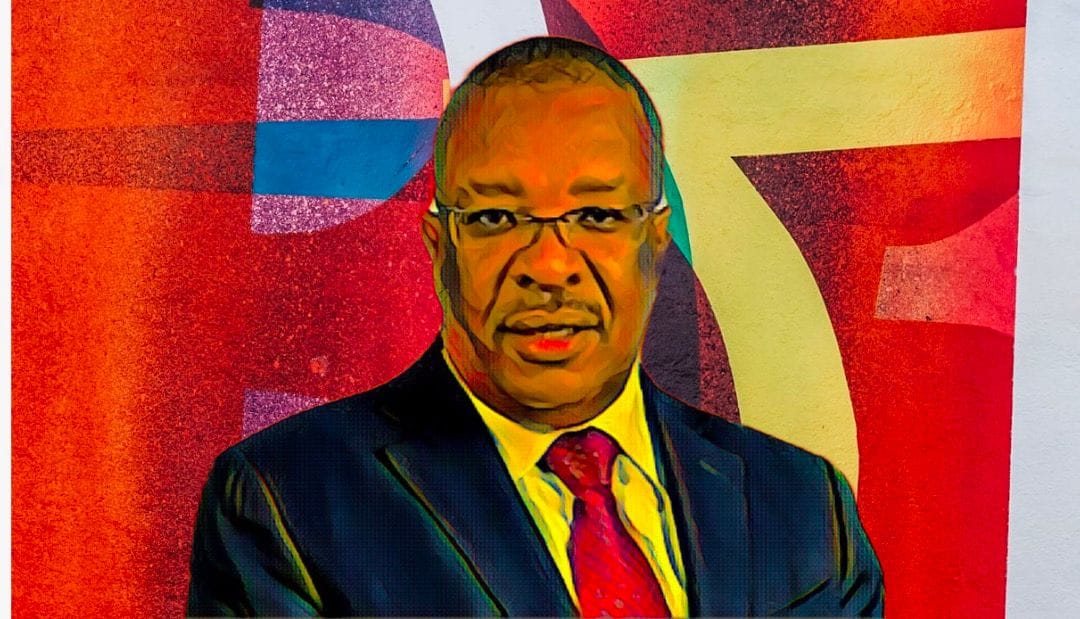Kenyan banker Gideon Muriuki’s Co-operative Bank to aid $413-million hustler fund

Co-operative Bank Group, a Nairobi-based financial services group led by Kenyan banking magnate Gideon Muriuki, has revealed plans to assist in the implementation of Kenya’s Ksh50-billion ($413 million) hustler fund, which will provide soft loans to small businesses.
At a capital markets event attended by Kenya’s newly elected President William Ruto, Muriuki stated that the Nairobi-based financial services group will leverage its cooperative movement relationships to support the deployment of the $413-million hustler fund.
“We are all prepared for the key challenges you have set for us to further deepen this sector,” he said, adding that Co-op Bank is prepared to provide savings and credit co-operative societies (SACCOs) with its lending models to assist thrift institutions in better managing credit risk.
“In terms of financial access, traceability, inclusivity, affordability, and overall fund sustainability,” he added, “the SACCOs structure meets the requirements of successfully managing the hustler fund.”
Co-operative Bank Group is one of East Africa’s largest financial institutions. Kingdom Securities Limited, Co-optrust Investment Services Limited, Co-operative Consultancy & Insurance Agency Limited, Kingdom Bank Limited, and Co-operative Bank of South Sudan are among its subsidiaries.
Muriuki, the CEO and managing director of Co-operative Bank Group, owns a two-percent stake in the leading financial services group, which serves as the primary banker for Kenya’s SACCOs.
Muriuki’s statement follows Ruto’s announcement of the fund, which will provide support in the form of soft loans to small businesses such as motorcycle transport operators and women-owned ventures at single-digit interest rates without collateral as part of a coordinated effort to stimulate the local economy.
The majority of the $413-million fund will go to SACCOs, which have complementary and synergistic relationships with Co-op Bank. The fund will be launched in the current fourth quarter of 2022, which concludes in December.
Five percent of the fund, or Ksh2.5 billion ($20.6 million), will be set aside each year to fund local technology startups, with special allocations made for specific groups such as people with disabilities.